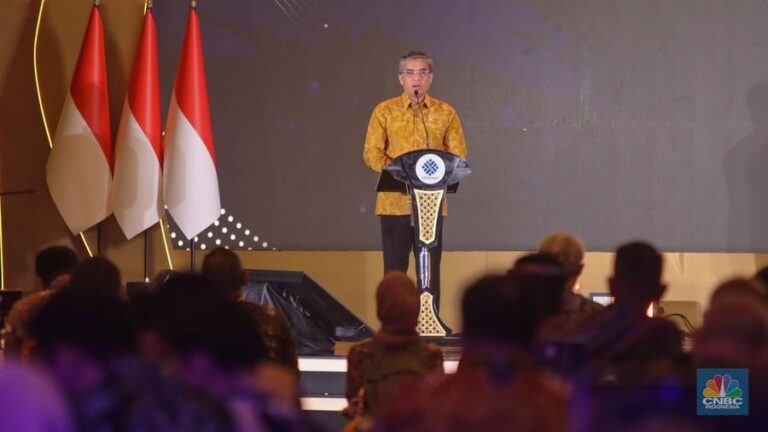New York — A growing number of Instagram users, including high-profile celebrities, have accused Meta of preventing them from unfollowing official accounts tied to President Donald Trump, Vice President JD Vance, and First Lady Melania Trump. The complaints, which have spread rapidly across social media, underscore mounting concerns over Meta’s political leanings and operational transparency. As the platform’s policies come under heightened scrutiny, questions about its role in the political ecosystem have taken center stage.
Gracie Abrams, a singer-songwriter celebrated for her candid engagement with fans, shared her frustrations on Instagram. In a widely shared post, she explained that she had attempted to unfollow the accounts for @potus and @vp multiple times, only to discover that Instagram automatically refollowed them. Expressing her frustration, Abrams stated, “How curious!” and noted that she ultimately had to block the accounts to ensure they no longer appeared in her feed. Fellow artist Demi Lovato echoed similar concerns, sharing with her followers that she had unsuccessfully tried to unfollow Trump’s account twice in a single day.
These experiences have not been isolated. Numerous Instagram users have shared warnings urging others to double-check their followed accounts, particularly if they oppose the Trump administration. Simultaneously, reports that the hashtag #Democrat had been temporarily blocked on Instagram exacerbated the growing concerns. While Meta acknowledged the issue, company spokesperson Andy Stone clarified that it was a technical glitch affecting a variety of hashtags across the political spectrum, not an act of intentional censorship. Stone assured users that the problem was being addressed and was unrelated to political affiliations.
In response to the allegations, Meta firmly denied claims that users were being forced to follow the official accounts of Trump, Vance, or Melania Trump. Stone explained that the transition of official accounts between administrations is standard practice, dating back to earlier presidential transitions. He emphasized that users were not automatically subscribed to these accounts without consent. “This is the same procedure we followed during the last presidential transition,” Stone wrote on X (formerly Twitter). He also noted that delays in processing follow and unfollow requests could occur during the administrative handoff.
Despite these clarifications, the controversy has drawn attention to Meta’s recent policy shifts, which critics argue lean heavily toward conservative priorities. In the lead-up to Trump’s inauguration, Meta made several moves that appeared to align with right-wing interests. The company replaced its chief policy officer with a Republican figure, appointed UFC president and Trump ally Dana White to its board of directors, and announced the termination of its third-party fact-checking program in the United States. Additionally, Meta revised its hateful conduct policies to allow certain types of content previously deemed inappropriate, a move that has sparked backlash from advocacy groups.
Adding to the controversy, Meta recently dismantled its diversity, equity, and inclusion (DEI) initiatives, a decision that many viewed as an abandonment of its commitment to social progress. On the same day, CEO Mark Zuckerberg appeared on Joe Rogan’s podcast, where he discussed the platform’s evolving strategy. Defending the company’s decisions, Zuckerberg argued that excessive content moderation and aggressive fact-checking had damaged user trust. He framed the policy changes as part of a broader effort to restore faith in Meta’s platforms.
Zuckerberg’s attendance at Trump’s inauguration, alongside several other influential tech leaders, has only heightened suspicions about Meta’s political alignment. As these incidents continue to unfold, the platform’s actions have drawn sharp criticism from liberal users and advocacy groups who see them as indicative of a broader conservative pivot. For Meta, the backlash represents a significant challenge in managing its reputation and fostering trust among a diverse and increasingly polarized user base.









